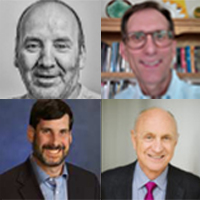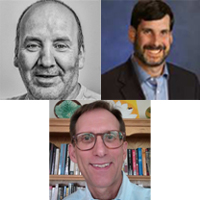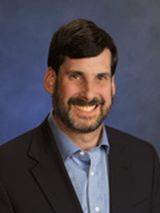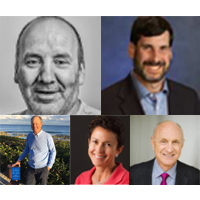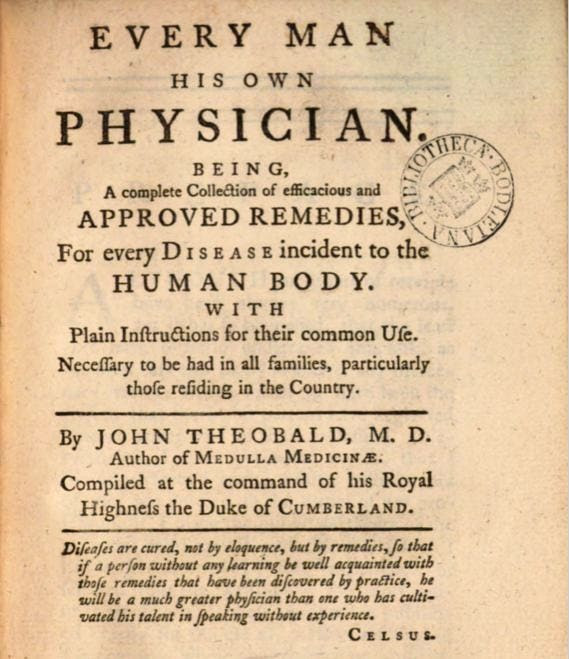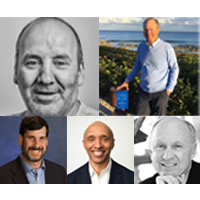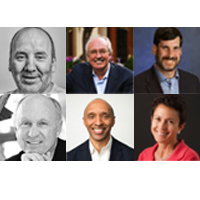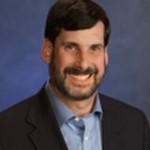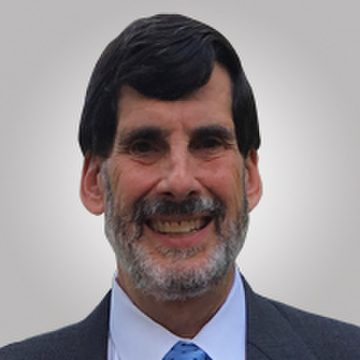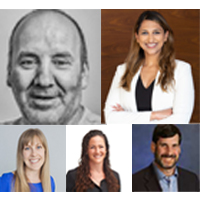This is the last of the classics that THCB will run to celebrate our 20th birthday. And we are finally tackling the most important of questions. Is what we call this thing one word or two? Back in 2012 Michael Millenson had the definitive answer–Matthew Holt
By MICHAEL L. MILLENSON
A recent contributor to this blog wondered about the correctness of “health care” versus “healthcare.” I’d like to answer that question by channeling my inner William Safire (the late, great New York Times language maven). If you’ll stick with me, I’ll also disclose why the Centers for Medicare & Medicaid Services is not abbreviated as CMMS and reveal something you may not have known about God – linguistically, if not theologically.
The two-word rule for “health care” is followed by major news organizations (New York Times, Washington Post, Wall Street Journal) and medical journals (New England Journal of Medicine, JAMA, Annals of Internal Medicine). Their decision seems consistent with the way most references to the word “care” are handled.
Even the editorial writers of Modern Healthcare magazine do not inveigh against errors in medical care driving up costs in acutecare hospitals and nursinghomes. They write about “medical care,” “acute care” and “nursing homes,” separating the adjectives from the nouns they modify. Some in the general media go even farther, applying the traditional rule of hyphenating adjectival phrases; hence, “health-care reform,” just as you’d write “general-interest magazine” or “old-fashioned editor.”
Most importantly of all, the Associated Press decrees that the correct usage is, “health care.” That decision is not substantive – there is absolutely no definitional difference between “health care” and “healthcare,” despite what you might read elsewhere — but stylistic. As in The Associated Press Stylebook.
The AP is a cooperative formed back in 1846 by newspapers to share reporting via a wire service. Today, the AP calls itself the backbone of global news information, serving “thousands of daily newspaper, radio, television, and online customers….On any given day, more than half the world’s population sees news from the AP.” When that news arrives in text format, its spelling is determined by the AP stylebook. Which means a few billion people see the spelling, “health care.”
A stylebook? Isn’t spelling determined by dictionaries? Perhaps, but when you’re sharing content on deadline across the world, it helps if everyone agrees to refer to, say, the Midwest, not the Mid-West, and to use other common linguistic conventions.
Stylebooks differ. The AP would say that health care is two words; the Chicago Manual of Style, popular in academia, would write that as 2 words, but agree with the premise.
So why isn’t that the end of the issue? Because conventions are not set in concrete. For example, at the time the Internet first became popular, the AP preferred the term “Web site” over “website” because the World Wide Web is a proper name. A successful lobbying campaign on behalf of the lower-case form helped persuade the AP to adopt the new spelling in its 2010 stylebook update.
When Modern Hospitals changed its name to become Modern Healthcare back in 1976, it did so in part to seem, well, modern. It hadn’t been that many years, after all, since airplanes were flown by air lines, not airlines. Then, in the business-oriented 1980s, “healthcare system” became a convenient linguistic upgrade of the dowdy “hospital” that had gobbled up ownership of doctors’ offices providing outpatient (not out-patient) care.
At the same time, a growing number of companies decided to make this expansive new word part of their proper name or, at the very least, their style sheet. For instance, HCA, founded in 1968 as Hospital Corporation of America, today describes itself as “the nation’s leading provider of healthcare services.” The Reuters news service, heavily involved in business news, now uses “healthcare” in its stories.
The 2001 Institute of Medicine report Crossing the Quality Chasm provides a snapshot of the term’s transition. The report declares, “Between the healthcare we have and the care we could have lies not just a gap, but a chasm.” The author of that ringing statement is the Committee on the Quality of Health Care in America.
However, I think a tipping point for fusing “health” and “care” was reached with the federal legislation setting up the Agency for Healthcare Research and Quality at the end of 1999. AHRQ was a renamed and refocused version of the old Agency for Health Care Policy and Research, created in 1989. AHCPR, in turn, had almost been named the Agency for Health Care Research and Policy until an alert Senate staffer realized that the abbreviation would be pronounced, “ah, crap.”
Speaking of abbreviations, Tom Scully, the first administrator of the Center for Medicare & Medicaid Services, once explained to me why it is known as CMS, not CMMS. It seems that Health and Human Services Secretary Tommy Thompson wanted an agency name with a catchy three-letter abbreviation, like FTC or CIA, to replace the old HCFA (Health Care Financing Administration). So a legal opinion was obtained from the HHS counsel that employing an ampersand to separate the words “Medicare” and “Medicaid” permitted the use of the CMS designation. Some might suspect this Solomonic ruling of caving in to a bit of pressure from above.
Which brings us to God. Some years back, the AP decided that while “God” would remain capitalized (the pope was not similarly blessed), the second reference would be “his,” not “His.” As influential as the AP might be in this world, those concerned with a Higher Authority still write about God as if He were something more than an ordinary man.
I keep waiting for the AP editor who made that decision to be struck down with lightning by the Deity. But, on the other hand, She may have a sense of humor.
Michael Millenson is a Highland Park, IL-based consultant, a visiting scholar at the Kellogg School of Management and the author of “Demanding Medical Excellence: Doctors and Accountability in the Information Age”.
